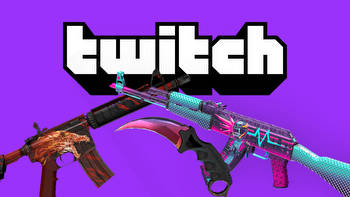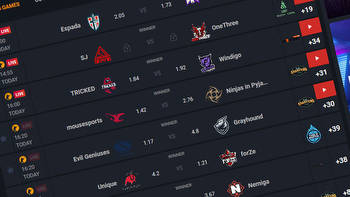Skin gambling: How to protect operators and clients
Esports streamer James Varga won a lawsuit against Twitch last month. Vargas was the owner of a skin gambling site CS:GOShuffle. He was accused of violating Twitch's terms and conditions. The lawsuit hasn't clarified matters, but it shows the need for operators to take proactive action to protect themselves and their customers.
In the video gaming world, a "skin" is a virtual item that exists within the game. Skins are valuable and can be worth up to $300,000. Skin trading is incredibly popular. In 2017, the trading of virtual items was worth some $50 billion. As the value of skins increased, some trading websites started allowing gambling. Players use skins as a digital currency to bet on the outcome of games or tournaments.
The legality of skin gambling is difficult to pinpoint because it's not technically a currency. Jurisdictions such as the Isle of Man, the UK, Denmark and the Netherlands have taken stands on the issue. Some have said it’s not legal, while others have stated a license or permission from the local gambling authority is required.
Regulators are concerned about skin gambling. It can attract underage gamblers. Some skin-gambling sites have attracted nefarious actors and hackers. Skin gambling can increase the risk of money laundering. There are also concerns around fraudulent platforms, scammers and dishonest individuals. It's also harder to stay on top of problem gambling if there's no monitoring in place.
Skin gambling is popular with teenagers. It can be dangerous as it increases the risk of money laundering and criminal activity. Some skin-gambling sites have attracted nefarious actors and hackers. Licensed gambling sites conduct due diligence on clients and monitor transactions. Skin gambling platforms are not keen on conducting these checks.
Getting a gambling license is a smart move to ensure you are a step ahead. It gives you protection to your customers and business. The license should be from an official licensing authority. It should also be displayed along with the company information in the footer of your website.


































